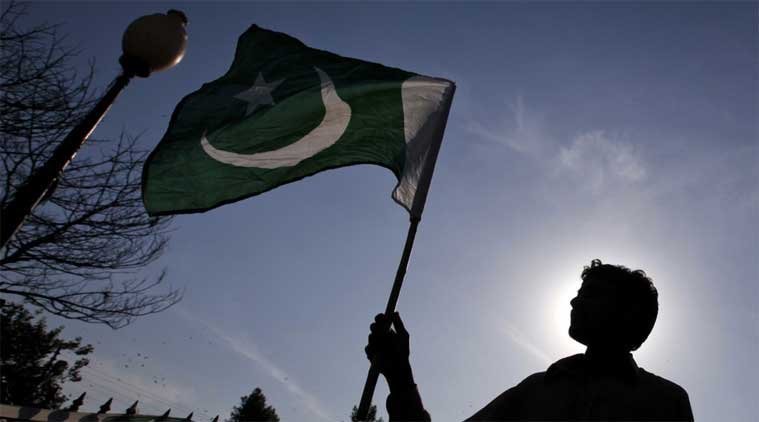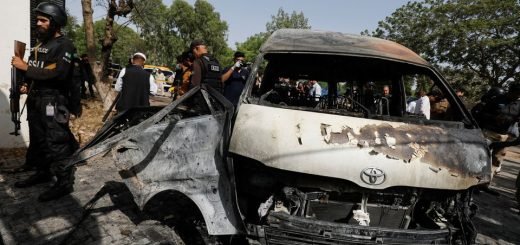Pakistan: A praetorian state

Pakistan, also known as the Land of pure has been in a state of confusion since its inception. The Military bureaucracy oligarchy tenanted a dominant position and has been in the efficacious mastery of state power ever since the nativity of state. The vacuum provided by the political authorities paved the way for intervention in state matters.
The melancholic history of Pakistan is the deponent of how Military elite’s disbanded the political and democratic culture of the embryonic state. The initial problems of the newly emerged state on the map of the world also proved as a catalyst in deteriorating the democratic process.
The absence of the Constitution was also a real problem in accelerating and developing political culture. Indeed, it was in 1958 just after eleven years of the façade of civilian parliamentary Government, that the Military intervened in state affairs and imposed Martial law. The then chief of Army Staff, General Ayoub khan declared himself as the chief Martial law administrator and put a complete embargo on the political parties. The catch cry of imposing Martial law has been “Rescuing the country from chaos and turmoil”.
Every military dictator from Ayoub khan to Musharraf have used the mantra of “taking the bull by the horns” to brand their regimes popular and get the underprop from the masses. The Persistent decadence of the provincial and National Government hindered the parliamentary system and this failure eventually resulted in putting the military on a superior position in the power structure of the country. Gently and successively the professional Army of Pakistan assumed and happily accepted the political role without concealment and secrecy.
The political leaders have always adopted a policy of extending the olive branch to the oligarchs of the military. In order to serve their intrigues, political leaders granted properties and high ranks in their cabinets to the echelons of Military. The current Government of Prime minister Imran khan truly justifies my argument of Pakistan being a praetorian state.
From interior to information, health, civil aviation, NDMA, WAPDA, railway, and many other ministries are given to the Military retired and serving generals. In the midst of economic crises, the Military has spread its limbs extensively into governing bodies of Pakistan. The Military oligarchy doesn’t hold the capability of running these institutions as they lack the basic background and know-how about these institutions. The appointment of these Military background men on these ranks is a question mark on the matter of democracy.
In Democracy the supreme task of the military is to defend the national borders of the country, but in the case of Pakistan military has acted more as the harbinger of havoc. According to the think tanks of EU, the hold of the military on Pakistan became clearer when prime minister Imran khan removed his information minister Firdous Ashiq Awan, a civilian nominee of the military and replaced her with Lt.Gen Asim Saleem Bajwa who was the Director-General of the military’s media wing, the inter-services public relations ( ISPR).

The parliamentary system of Pakistan is slowly and gradually advancing towards a smart Martial law with several Military men occupying key positions in the governance of Pakistan. The Constitution of Pakistan doesn’t allow any Military man to intervene in state affairs and they have pledged to obey the Constitution. The founder of Pakistan Quaid e Azam Muhammad Ali Jinnah also on one occasion said, “Don’t forget that the armed forces are the servants of the people. You don’t make national policy; it is the civilians, who decide these issues and it is your duty to carry out these tasks with which you are entrusted”.
But what we have witnessed in the past is at odds of what Quaid said. The incentive behind the appointment of military men is to prevent the clampdown and restrain the direct intervention of establishment in jeopardizing the democratic system. Imran khan has been lambasted for giving key positions to Military men in the Government which will result in outraging superiority complex and will prove futile as these appointed ones have no experience in the fields assigned. In order to put the country on the track of meritocracy and democracy, the role and hold of military oligarchs need to be diminished. Extending the powers of parliament and recruiting experienced and intellectual persons will yield better results. To minimize the role of these oligarchs, carrot and stick diplomacy will prove fruitful.


















